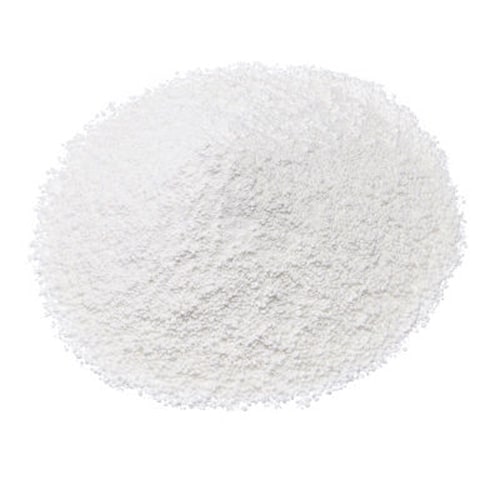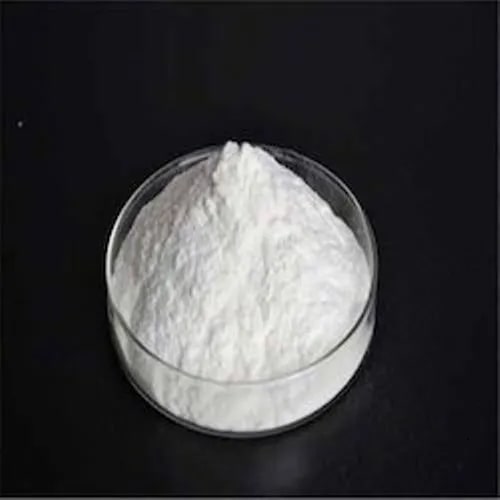It’s been almost 20 years since a new influenza (flu) treatment was approved, and last year’s flu season was one of the deadliest in decades. In response, the U.S. Food and Drug Administration (FDA) has approved Xofluza (baloxavir marboxil) for acute uncomplicated influenza in patients 12 years and older with symptoms of no more than 48 hours.
Xofluza is a first-in-class drug that blocks the cap-dependent endonuclease protein within the flu virus, needed for viral replication.
In studies patients treated with Xofluza had a shorter time to symptom relief compared to placebo, but no difference in relief compared to oseltamivir (Tamiflu).
The most common side effects include diarrhea and bronchitis.
Talzenna OK’d for Breast Cancer Patients with BRCA Mutation
The FDA has approved Pfizer’s Talzenna (talazoparib), a poly (ADP-ribose) polymerase (PARP) inhibitor, for patients with deleterious or suspected deleterious germline BRCA-mutated (gBRCAm), HER2-negative locally advanced or metastatic breast cancer. Patients are selected for treatment based on an FDA-approved diagnostic test.
In the EMBRACA open-label trial, participants received Talzenna 1 mg or physician’s choice of chemotherapy (capecitabine, eribulin, gemcitabine, or vinorelbine).
The primary outcome, progression-free survival (PFS), was met with an estimated median PFS of 8.6 and 5.6 months in the Talzenna and chemotherapy groups, respectively.
Common side effects (≥ 20%) include fatigue, anemia, nausea, and headache, among others.
EyePoint's Yutiq Cleared for a Leading Cause of Blindness
The FDA has approved a new ocular (eye) implant to help address one of the leading causes of blindness. Non-infectious posterior segment uveitis is a long-term eye disease that leads to swelling, eye tissue destruction, and vision loss. Standard treatments include systemic corticosteroids, immunosuppressants or biologics, which are all linked with serious side effects.
Yutiq (fluocinolone intravitreal implant) 0.18 mg is a corticosteroid implant used for chronic non-infectious uveitis affecting the posterior segment of the eye.
The Yutiq implant releases fluocinolone in the eye consistently over 36 months.
Common side effects include cataract development and increased intraocular (inside the eye) pressure.
Nuzyra: A Once-Daily Tetracycline Antibiotic for Skin and Lung Infections
Drug-resistant bacterial infections are an ongoing medical threat which results in close to 23,000 U.S. deaths annually. New treatments to target these drug-resistant bacteria are a top FDA priority.
In response, the agency has cleared Paratek's Nuzyra (omadacycline), an aminomethylcycline tetracycline antibiotic, for adults with community-acquired bacterial pneumonia (CABP) and acute skin and skin structure infections (ABSSSI).
Nuzyra is a once-daily intravenous (IV) and oral antibiotic that exhibits broad activity, including Gram-positive, Gram-negative, atypical, and drug resistant bacterial strains.
In studies, the most common side effects were nausea, vomiting, and infusion site reactions, among others.
Revcovi Approved for Ultra-Rare but Fatal Enzyme Disorder
Adenosine deaminase severe combined immune deficiency (ADA-SCID) is a fatal inherited genetic disorder often affecting infants and young children. Undiagnosed babies with ADA-SCID usually die before age two due to infections. Now, the FDA has granted approval to Revcovi (elapegademase-lvlr) injection from Leadiant Biosciences.
Revcovi is an enzyme replacement therapy (a PEGylated recombinant adenosine deaminase (rADA) enzyme) given intramuscularly (IM) once or twice weekly for treatment of ADA-SCID in children and adults.
In two multicenter trials, Revcovi supplemented ADA levels, reduced concentrations of toxic metabolites, and improved total lymphocyte counts.
The most commonly reported side effects are cough and vomiting.
Bijuva Capsules Approved to Treat Menopausal Hot Flashes
Vasomotor symptoms (hot flashes) are the most common symptom of menopause, occuring in up to 80% of women. Bijuva (estradiol and progesterone) from TherapeuticsMD has been cleared by the FDA as a bio-identical hormone combination to treat moderate-to-severe vasomotor symptoms due to menopause in women who have a uterus.
Bijuva demonstrated a significant reduction from baseline in both the frequency and severity of hot flashes compared to placebo while reducing the risks to the endometrium.
The most common side effects are breast tenderness, headache, vaginal bleeding, vaginal discharge and pelvic pain.
Bijuva is expected to be on pharmacy shelves in the second quarter of 2019.
-------------------------------------------------
Editor's Note:
To apply for becoming a contributor of En-CPhI.cn,
welcome to send your CV and sample works to us,
Email: Julia.Zhang@ubmsinoexpo.com.





 ALL
ALL Pharma in China
Pharma in China Pharma Experts
Pharma Experts Market News
Market News Products Guide
Products Guide Brand Story
Brand Story































 Pharma Sources Insight January 2025
Pharma Sources Insight January 2025








